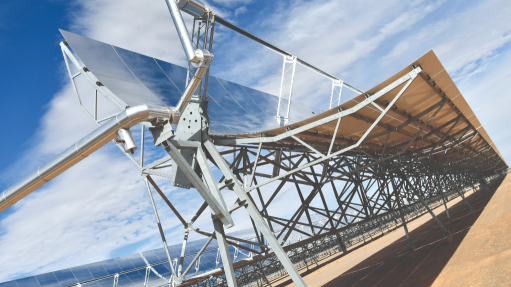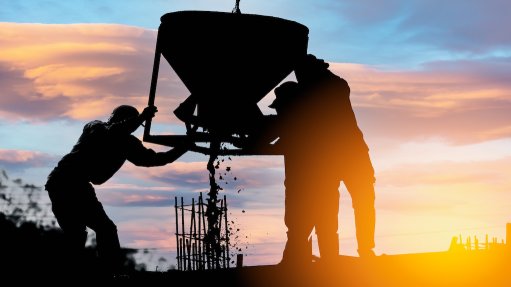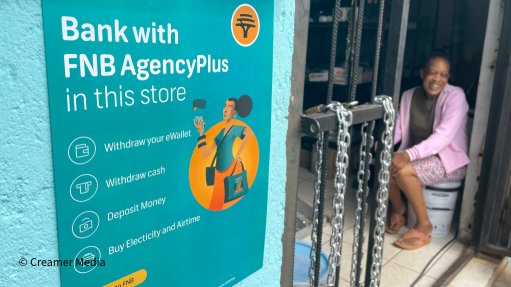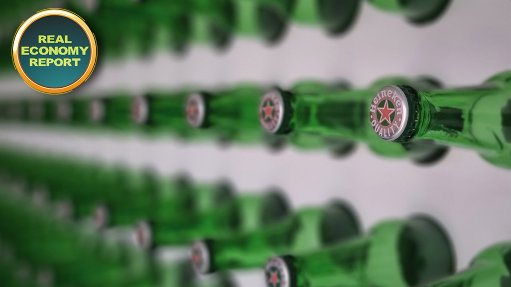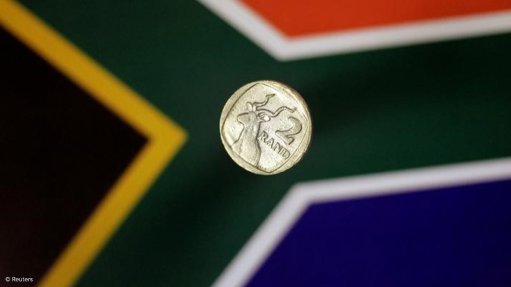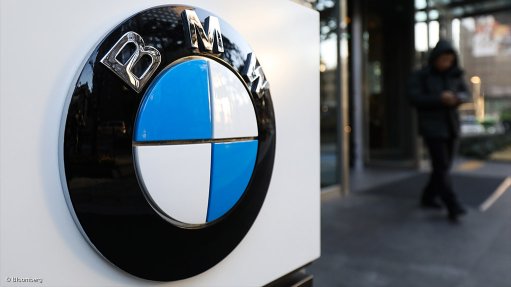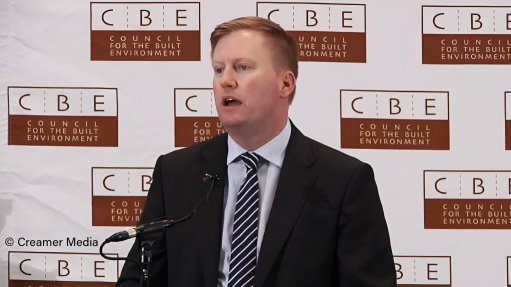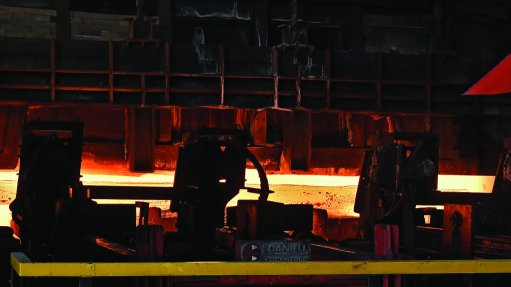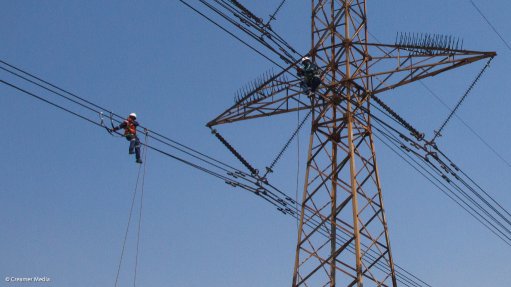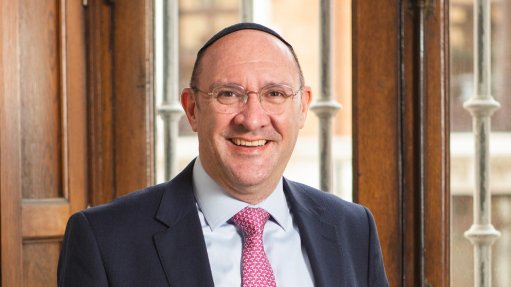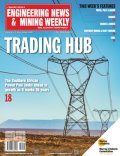UFS, CBSS partner to design groundwater monitoring network for Central Karoo
Independent specialists and researchers from the Institute for Groundwater Studies (IGS) at the University of the Free State (UFS), in partnership with specialists from Carin Bosman Sustainable Solutions (CBSS), have been appointed by the Petroleum Agency of South Africa (PASA) to design a regional groundwater monitoring network for the Central Karoo.
A 2016 report by the Council for Scientific and Industrial Research (CSIR) titled 'Shale Gas Development in the Central Karoo: A Scientific Assessment of the Opportunities and Risks', recommended that “a comprehensive understanding of groundwater conditions is required prior to the commencement of exploration to ensure proper interpretation of changes in groundwater over time. Monitoring data would also be used for calibration and verification of prediction and assessment models, for evaluating and auditing the success of management plans, and for assessing the extent of compliance with prescribed standards and regulations.”
Such a monitoring network therefore needs to be established and implemented to ensure an understanding of baseline groundwater conditions in the Central Karoo.
This project aims to establish a groundwater monitoring network that will cover an area of more than 180 000 km2 and will be undertaken over a period of 24 months.
It will culminate in the publication of a regional groundwater monitoring network design for the Central Karoo, which will be subjected to local and international peer reviews.
Once established, it will inform decision-making in the adjudication of applications for potential shale gas exploration activities received by PASA, and will also be used for future monitoring of groundwater in this area, irrespective of whether such applications are approved or not.
The specialists employed by the IGS and CBSS to undertake the project include South African Council for Natural Scientific Professions-registered scientists who have expertise and experience in geohydrology and the geology of the Karoo basin, as well as experts in water governance (including the design and development of water monitoring programmes and the evaluation, interpretation and visualisation of water quality data) and software developers who can handle large volumes of water monitoring data.
A groundwater monitoring network needs to generate monitoring results that can provide answers to specific management and/or governance questions asked by relevant decision-makers (including landowners and those involved in national, provincial and local government) and other stakeholders.
Communication of monitoring results to these decision-makers should be understandable, without being too technical, so that the outcome of any monitoring activity will lead to improved decision-making with regard to groundwater management in the Central Karoo.
These management questions will, therefore, be contingent on the needs of the decision-makers, which could relate to one or more aspects of groundwater resources and/or potential activities that could pose a risk of harm to a groundwater resource.
To ensure the monitoring network is designed in a manner that will address the expectations of all stakeholders, the project team has called on all relevant decision-makers and other interested stakeholders to contact them with management questions that they need to be answered by this monitoring network.
Participation in the project is voluntary and there will be no cost implications for participants.
The selection of locations that will form part of the groundwater monitoring network will, to a large extent, rest upon the management questions that need to be addressed by the network.
Therefore, once these management questions have been collected from stakeholders, the project team will undertake geohydrological, geophysical and water-quality assessments to determine the suitability of existing boreholes to provide answers to prioritised management questions.
Where no suitable boreholes can be found to address management questions, recommendations relating to the drilling of additional boreholes for future monitoring purposes will be made.
For this reason, the project team says it would appreciate and welcome any suggestions from relevant decision-makers and interested stakeholders who may be aware of any existing boreholes or networks of boreholes in the Central Karoo.
The more management questions and information about existing boreholes the project team receives, the more beneficial the final monitoring network design will be to decision-makers and landowners in the Central Karoo, the project team says.
Those looking to share ideas, discuss specific management questions for the monitoring network, or to inform about boreholes that should be included and investigated for this project are advised to contact Dr Fanie de Lange (DeLangeSS@ufs.ac.za) or Carin Bosman (info@cbss.co.za).
Moreover, those who want to give feedback to the project team regarding their needs for the monitoring network can complete the following feedback card: https://cbosss.com/igscbss-to-design-gw-monitoring-network-for-karoo/.
Comments
Press Office
Announcements
What's On
Subscribe to improve your user experience...
Option 1 (equivalent of R125 a month):
Receive a weekly copy of Creamer Media's Engineering News & Mining Weekly magazine
(print copy for those in South Africa and e-magazine for those outside of South Africa)
Receive daily email newsletters
Access to full search results
Access archive of magazine back copies
Access to Projects in Progress
Access to ONE Research Report of your choice in PDF format
Option 2 (equivalent of R375 a month):
All benefits from Option 1
PLUS
Access to Creamer Media's Research Channel Africa for ALL Research Reports, in PDF format, on various industrial and mining sectors
including Electricity; Water; Energy Transition; Hydrogen; Roads, Rail and Ports; Coal; Gold; Platinum; Battery Metals; etc.
Already a subscriber?
Forgotten your password?
Receive weekly copy of Creamer Media's Engineering News & Mining Weekly magazine (print copy for those in South Africa and e-magazine for those outside of South Africa)
➕
Recieve daily email newsletters
➕
Access to full search results
➕
Access archive of magazine back copies
➕
Access to Projects in Progress
➕
Access to ONE Research Report of your choice in PDF format
RESEARCH CHANNEL AFRICA
R4500 (equivalent of R375 a month)
SUBSCRIBEAll benefits from Option 1
➕
Access to Creamer Media's Research Channel Africa for ALL Research Reports on various industrial and mining sectors, in PDF format, including on:
Electricity
➕
Water
➕
Energy Transition
➕
Hydrogen
➕
Roads, Rail and Ports
➕
Coal
➕
Gold
➕
Platinum
➕
Battery Metals
➕
etc.
Receive all benefits from Option 1 or Option 2 delivered to numerous people at your company
➕
Multiple User names and Passwords for simultaneous log-ins
➕
Intranet integration access to all in your organisation






